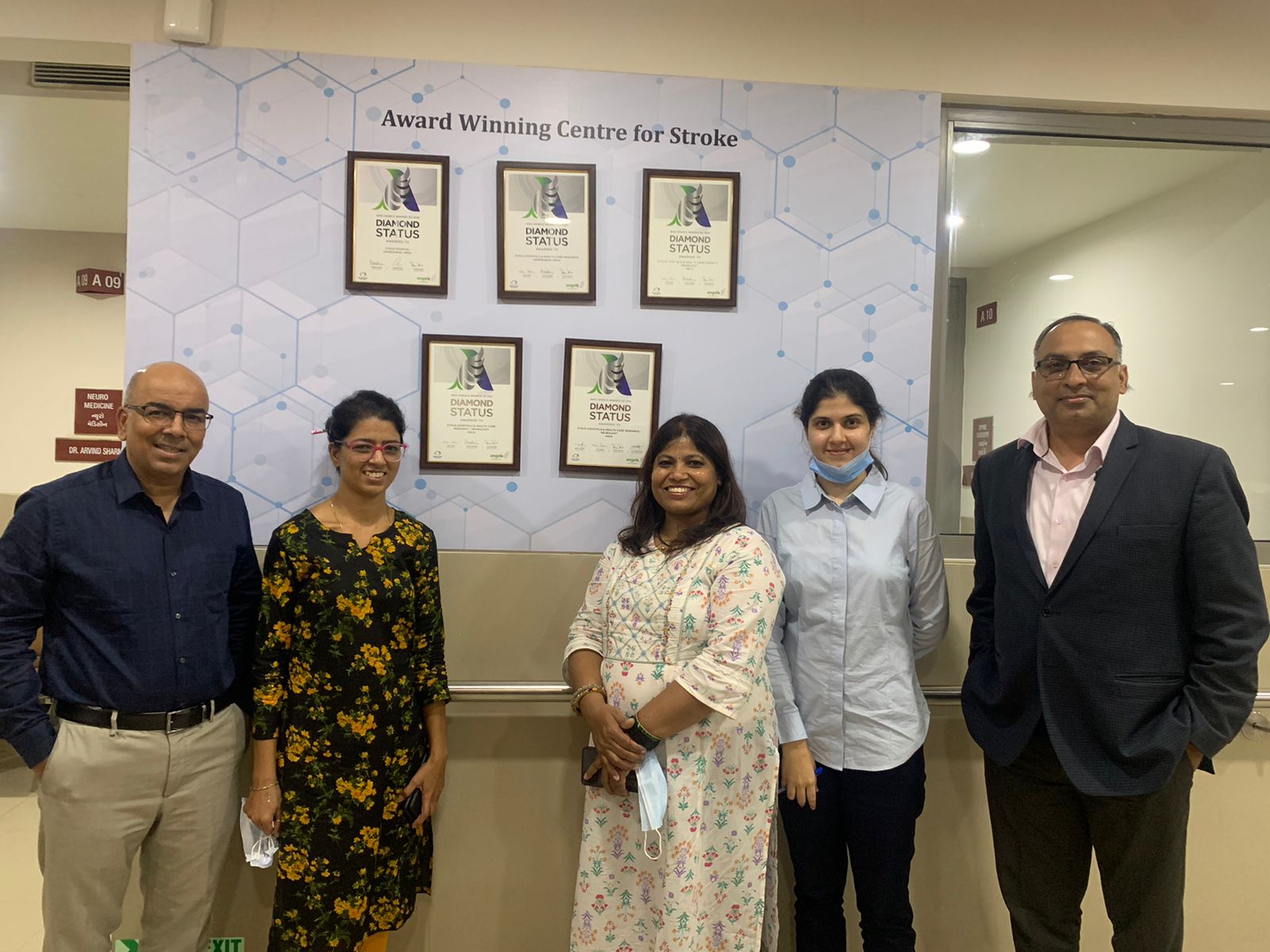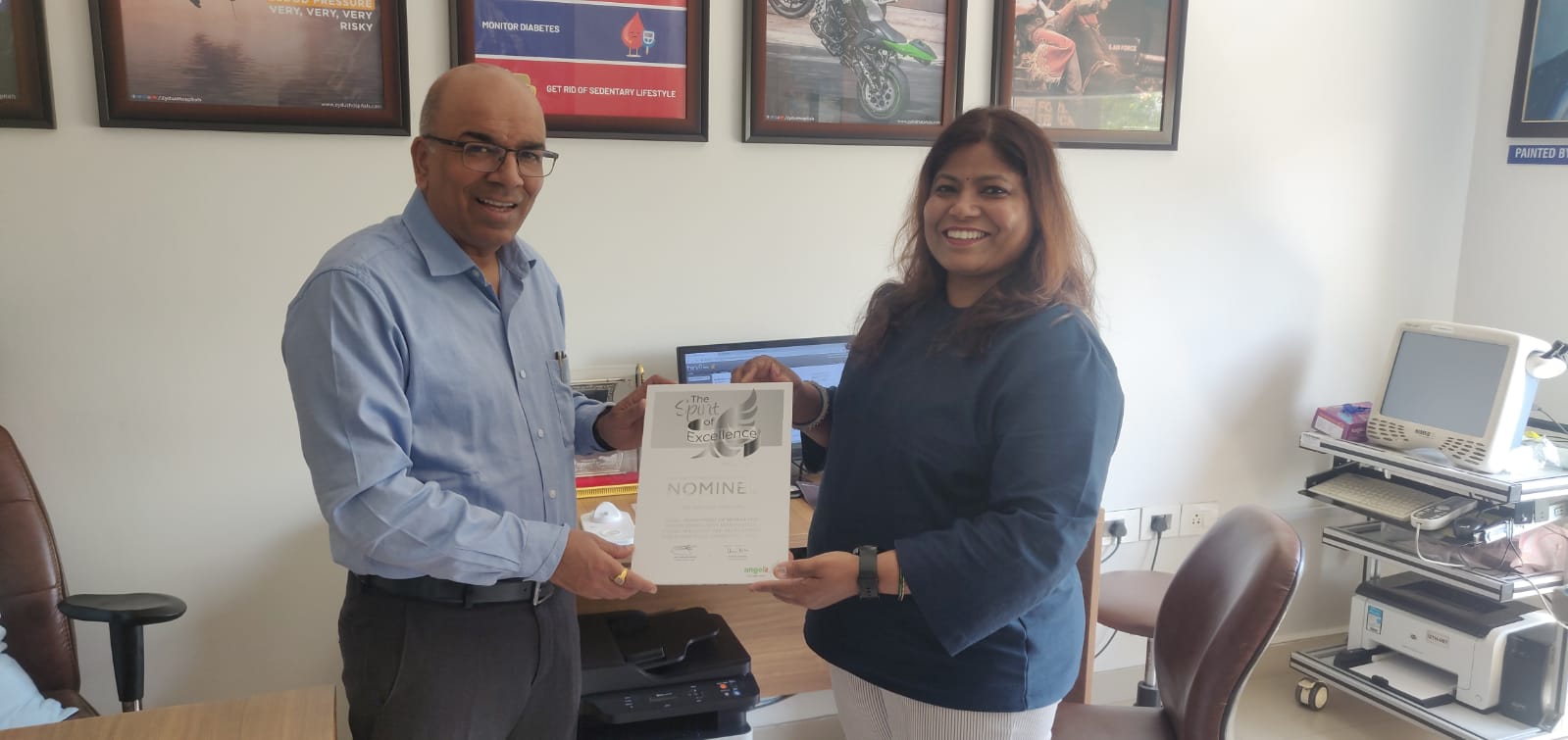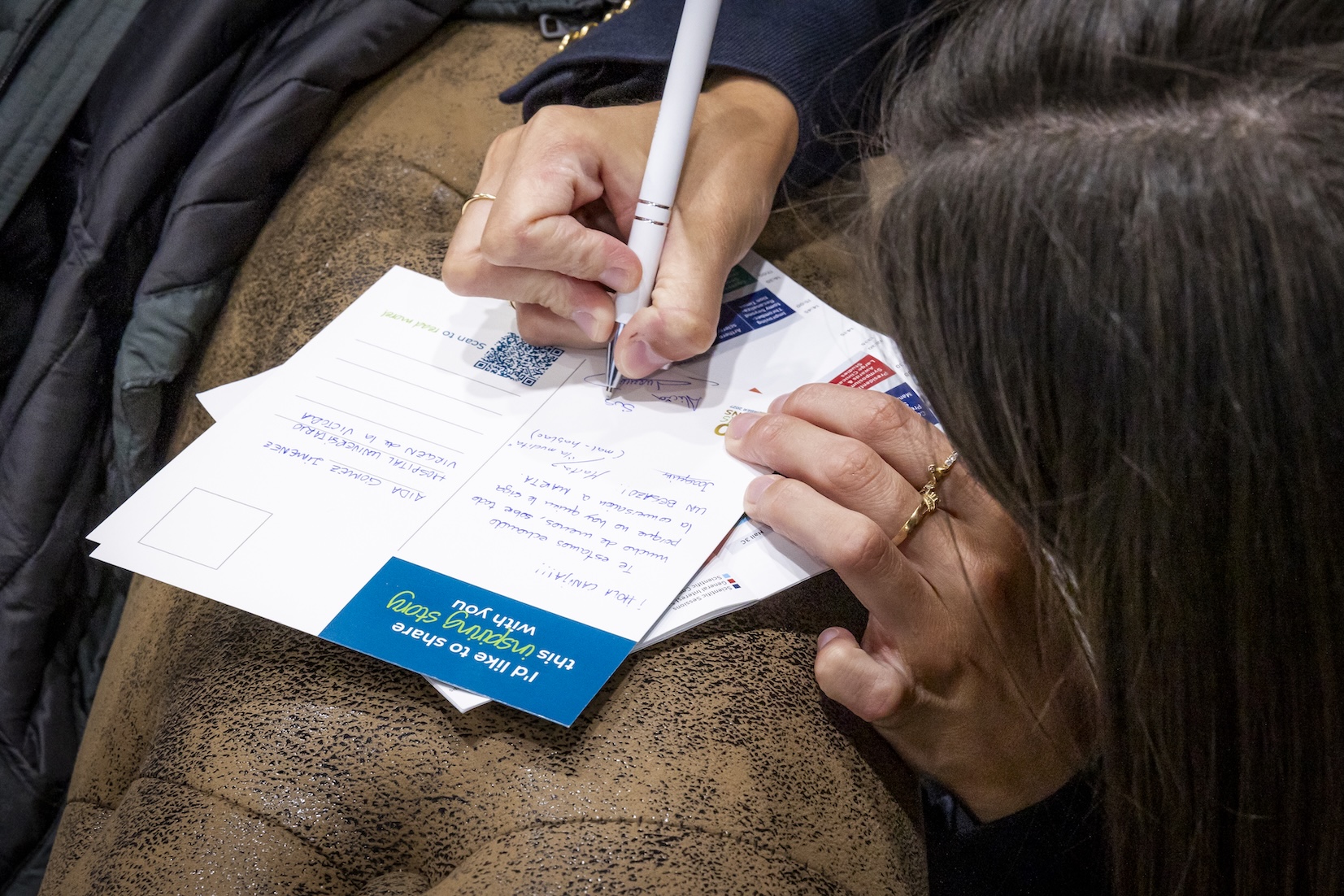
Nel 2019, l’ospedale Zydus è stato coinvolto nell’Iniziativa Angels e ha iniziato a registrare i dati dei nostri paziente con RES-Q. La partecipazione a RES-Q non solo ha reso più facile ottenere dati sui pazienti colpiti da ictus e la qualità dell’assistenza in India e nel mondo, ma ci ha anche aiutato a trovare rapidamente i nostri punti deboli in modo da poter continuare ad allenarci e migliorare.
Con l’assistenza dell’Iniziativa Angels, sono stati condotti diversi corsi di formazione per infermieri, medici di emergenza e personale di assistenza pre-ospedaliero. Di conseguenza, siamo stati in grado di migliorare il numero di pazienti che hanno ricevuto la terapia di riperfusione e ridurre i ritardi ospedalieri nel tempo. Abbiamo anche ricevuto premi WSO Angels, di cui siamo molto orgogliosi.
Nonostante le sfide derivanti dalla pandemia di Covid-19, abbiamo riorganizzato i circuiti interrotti che avevamo costruito per offrire assistenza ai pazienti colpiti da ictus in modo sicuro e rapido, specialmente dopo il reindirizzamento di molte risorse, in particolare le risorse umane, alla cura dei pazienti affetti da coronavirus. I protocolli hanno richiesto modifiche a causa delle circostanze straordinarie che stavamo vivendo. L’implementazione delle liste di controllo, del modello di Helsinki e della sacca Angels per ictus ci ha aiutato a mantenere e persino migliorare gli standard di la cura dell'ictus.

Nonostante la pandemia, vi è stata una riduzione significativa del tempo tra l’arrivo in ospedale e l’inizio della trombolisi a 32 minuti, con il 100% al di sotto di 60 minuti e l’88% al di sotto di 45 minuti. La percentuale di pazienti trattati con terapie di riperfusione era del 29,5%.
Crediamo che l'organizzazione pre- e intra-ospedaliera sia stata critica, come riflesso nella riduzione del tempo tra l’arrivo in ospedale e l’inizio della trombolisi per il trattamento acuto.
Con il passare dei mesi, gli indicatori di qualità sono tornati alla normalità, tranne uno: screening della disfagia, che non eravamo in grado di condurre in tempo per tutti i pazienti.
Ancora una volta ci siamo rivolti all’Iniziativa Angels che, insieme a Nutricia, su 29 gennaio 2021, ci ha fornito un’eccellente formazione virtuale. La formazione ci ha aiutato a sviluppare un protocollo di valutazione della disfagia semplice ed efficace, che mettiamo rapidamente in pratica.
Attualmente, oltre il 90% dei nostri pazienti con diagnosi di ictus o TIA viene sottoposto a screening per la disfagia per ridurre le potenziali complicanze ospedaliere come la polmonite da aspirazione.
La registrazione e l’analisi dei dati sono fondamentali per individuare le opportunità di miglioramento. Sono grato al mio team per il suo sostegno, la sua dedizione e il duro lavoro. Ci impegniamo a raggiungere l'eccellenza medica e la trasparenza in tutti i reparti, con un approccio "il paziente al primo posto".




